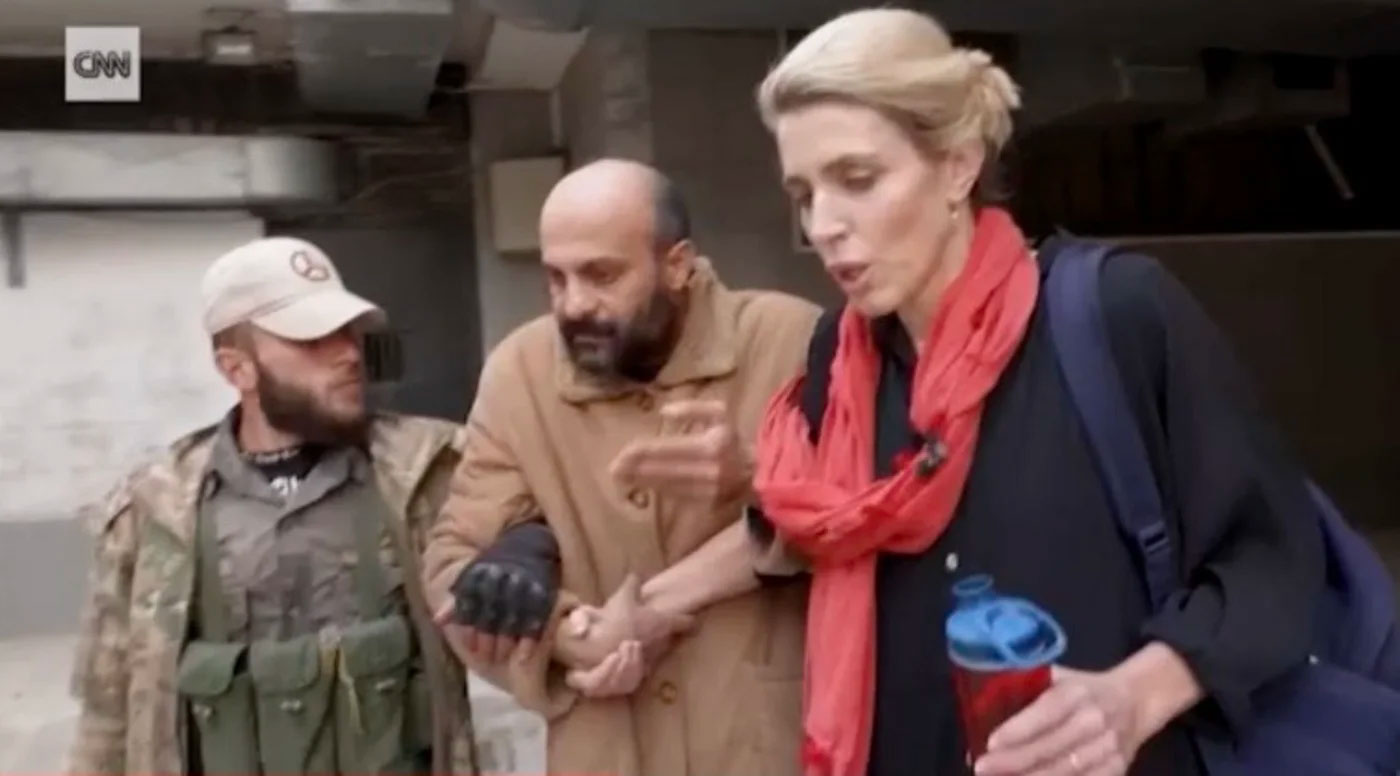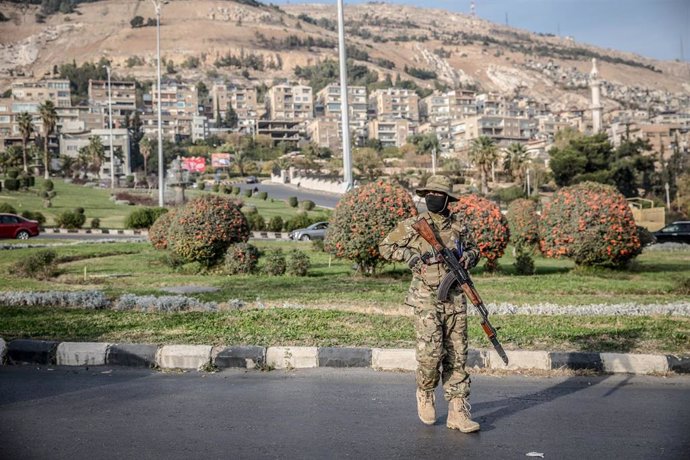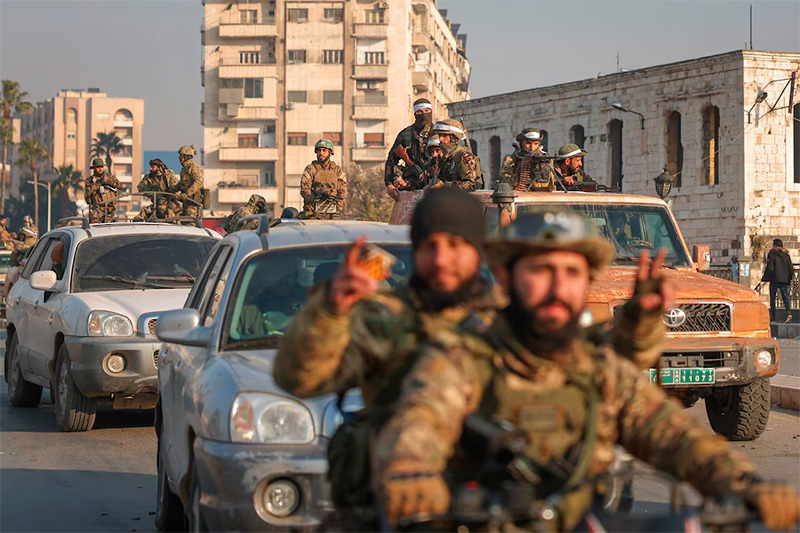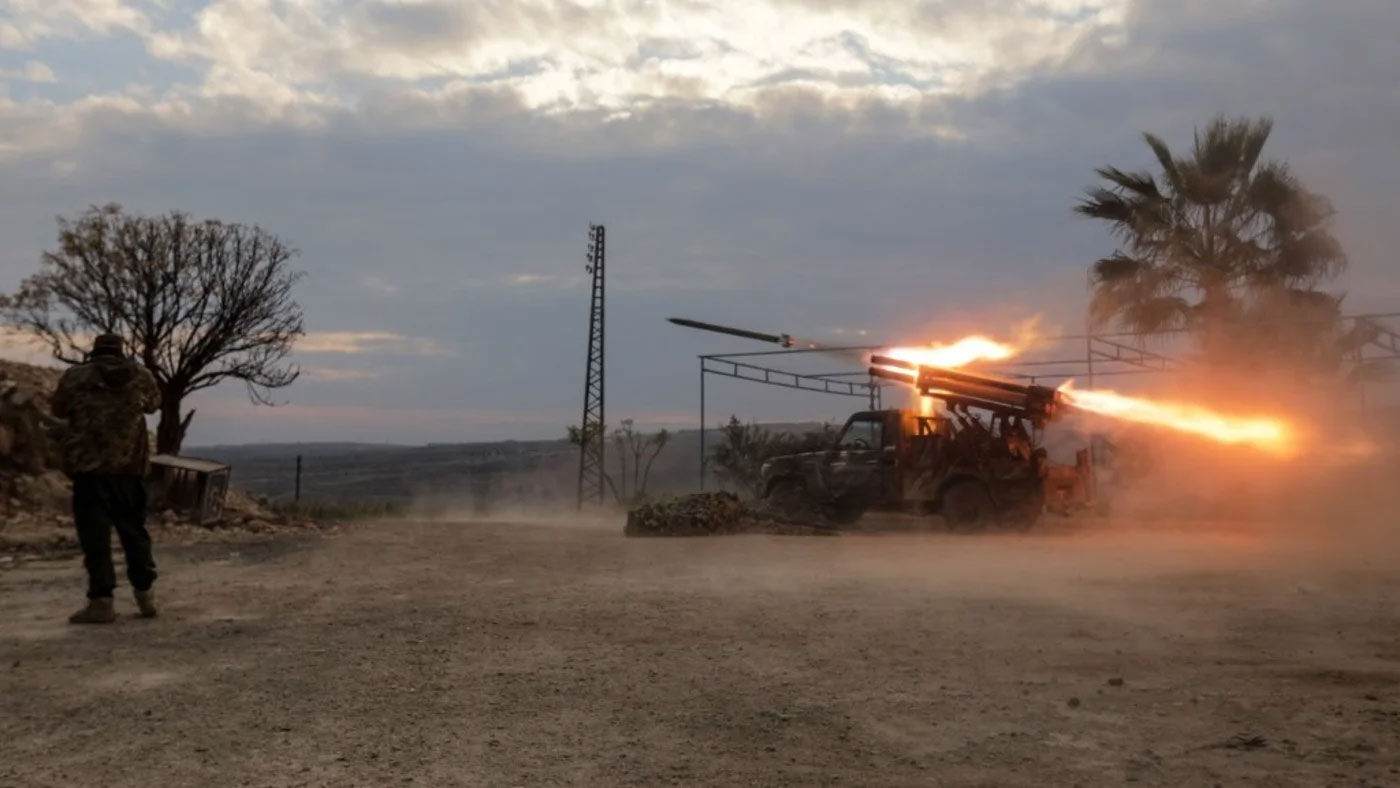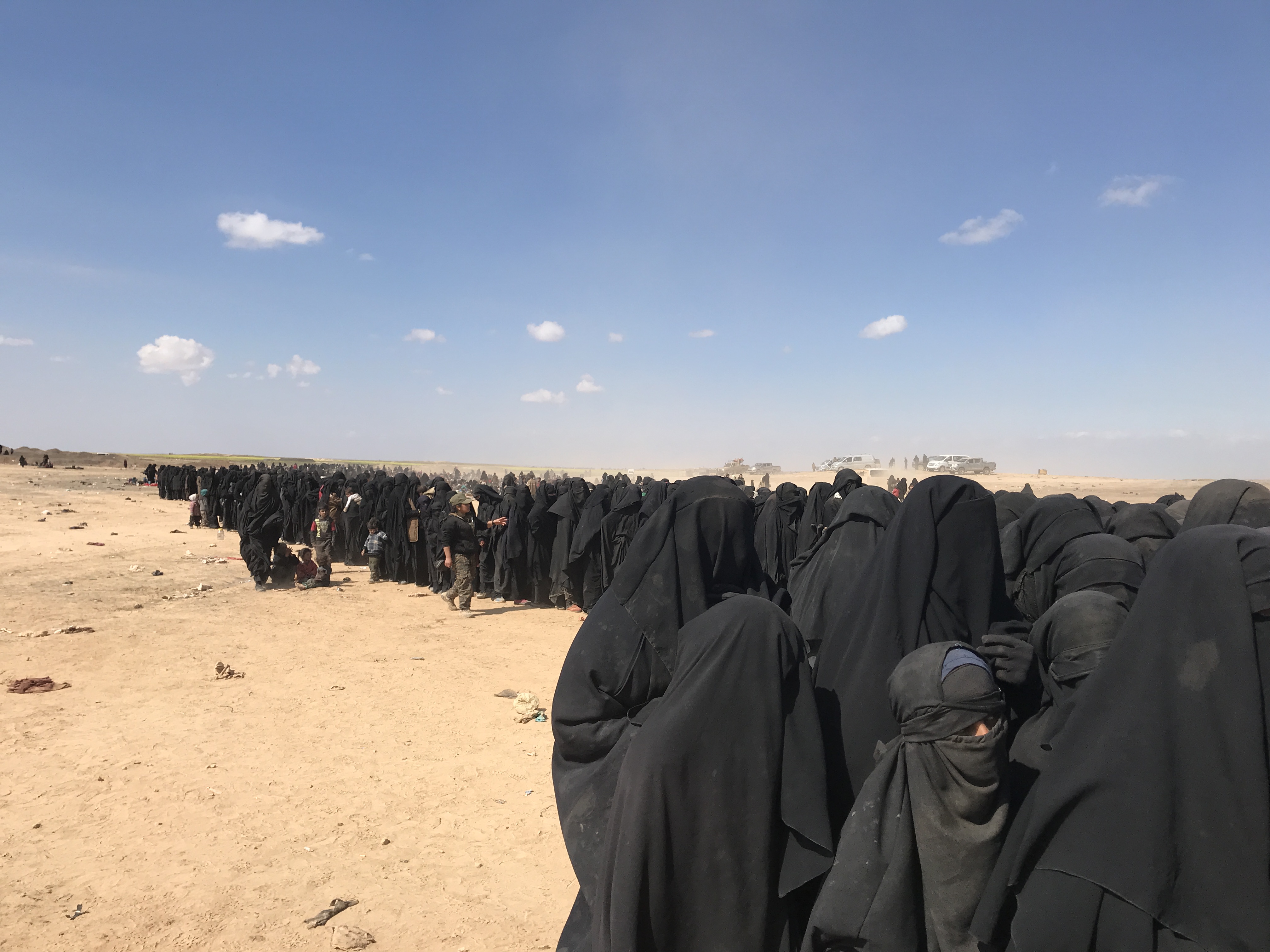The UN says Israel has violated the 1974 agreement
- Understanding what is happening in Syria and in the countries around it, and knowing what can come, is not easy. Everyone is looking there, in the middle of Israel, who wants to increase their presence.
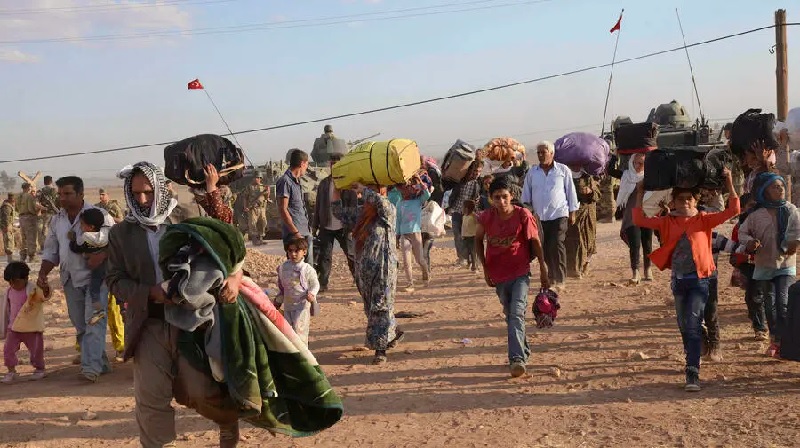
What has happened in Syria has also caused a great shock to its neighbours, including Israel, for example. On Sunday, Israeli Foreign Minister Gideon Saar announced that he had bombed a number of Syrian military installations, including warehouses containing chemical weapons, as well as several warships, to avoid being captured by rebels who have attacked the Bashar Al-Assad government. The agencies also reported that the Israeli army intends to establish a "security zone" in southern Syria, taking control of the demilitarized zone between the two countries.
As for this operation, contradictory information has been made public in recent hours, as it is not clear how far the Israeli troops have come or whether they want to arrive. On Monday, Reuters reported that Israeli soldiers were 25 kilometers from Damascus, but the army has denied it. However, Egypt, Iraq and Qatar have criticised the entry of Israeli soldiers into a demilitarized zone, considering that it violates the 1974 agreement between Israel and Syria. The UN also says that Israel has violated the agreement, while Israel believes that the agreement has been broken by the fall of the government of Bashar al-Assad, according to Gaddafi.
Return of refugees
Understanding what is happening in Syria and in the countries around it and knowing what can happen is not easy, because it is a matter of eleven knots. One of them is that of refugees, according to the organization. There are millions of Syrian refugees who have already returned to Syria. For example, Turkey has announced that it will open the Yayladagi border crossing so that the Syrian migrants who have received the country can return safely.
For their part, several European countries have already announced that they will review the asylum policy of Syrian refugees in Haiti. Countries such as France, Austria, Belgium, Greece, Denmark and Norway, among others, have announced that they are going to suspend all applications that were being processed and that they will not accept new applications.
On the other hand, the rebels have released thousands of prisoners in Syrian jails. In the videos that have been broadcast you can see how some of them jump and run down the street, very happy, but without understanding well what is going on. Human rights organisations have repeatedly denounced the harsh situations in Syrian prisons. They say that torture was systematic and that there have been clandestine executions; since 2011, at least 100,000 people were “missing”.
Giza Eskubideen Siriako Behatokiak salatu du gobernuko indarrek gutxienez 800 zibil hil dituztela Latakia probintzian, "odol hotzean". Ahmed al Sharaa Siriako behin-behineko presidenteak iragarri du "batzorde independente" bat eratuko dutela gertatutakoa... [+]
The end of the Syrian Arab Republic has caused great surprise at the way in which it has taken place: fast and almost without resistance. However, it is not so strange when we consider that the country was destroyed, impoverished and trodden. Most Syrians have long been... [+]








.jpg)


